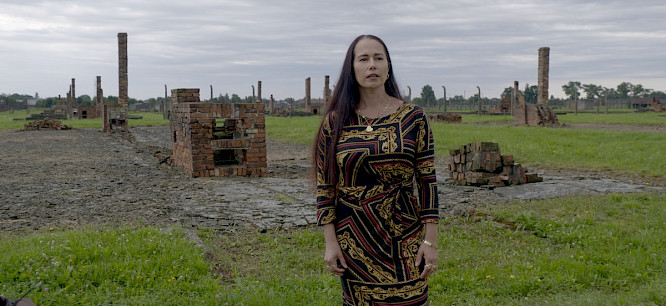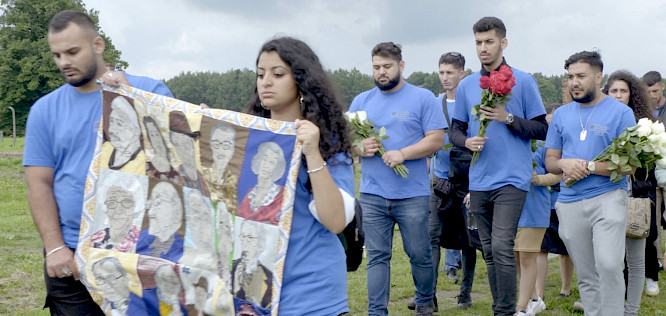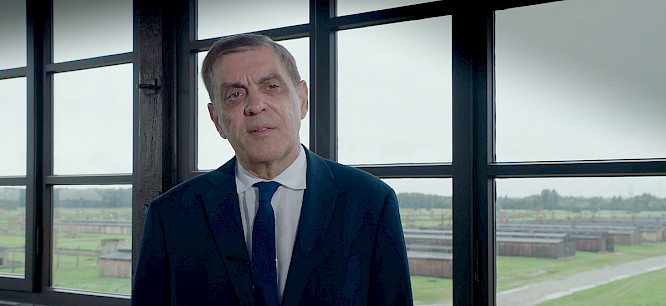Synopsis
The film is about the German Sinti and Roma’s different forms of resistance spanning eight decades. It’s about revolt against injustice and about insistence on dignity and justice.
A story of courage and resolve of individuals who desperately defended themselves. And the story of suffering of a minority caught between trauma and self-assertion: an ongoing unprecedented injustice throughout all of the post-war years to this very day.
It is based around Romani Rose, his family and fellow campaigners.
Thirteen close relatives of the Rose family were murdered in concentration camps.
Romani Rose’s father Oskar went into hiding during the Nazi years and was wanted by the Gestapo. The film is about his courageous actions.
And about his attempt in April 1943 to beg Munich’s Cardinal Faulhaber to protect the persecuted, and how he manged to free his brother from the concentration camp in Neckarelz.
For Roma and Sinti who survived the genocide, discrimination, poverty and authorities’ chicanery were part of everyday life. The Porajmos, the genocide against this minority group, was only officially recognized in 1982. The film describes their long journey away from their lack of rights and discrimination and into a civil rights movement.
Their untiring commitment is testimony to their moral courage and public spirit, their decisive advocacy of cooperation between various cultures and their ground-breaking vision of democracy. Is there anything more important in times of increasing marginalization and racist violence?


